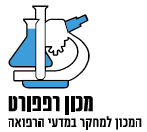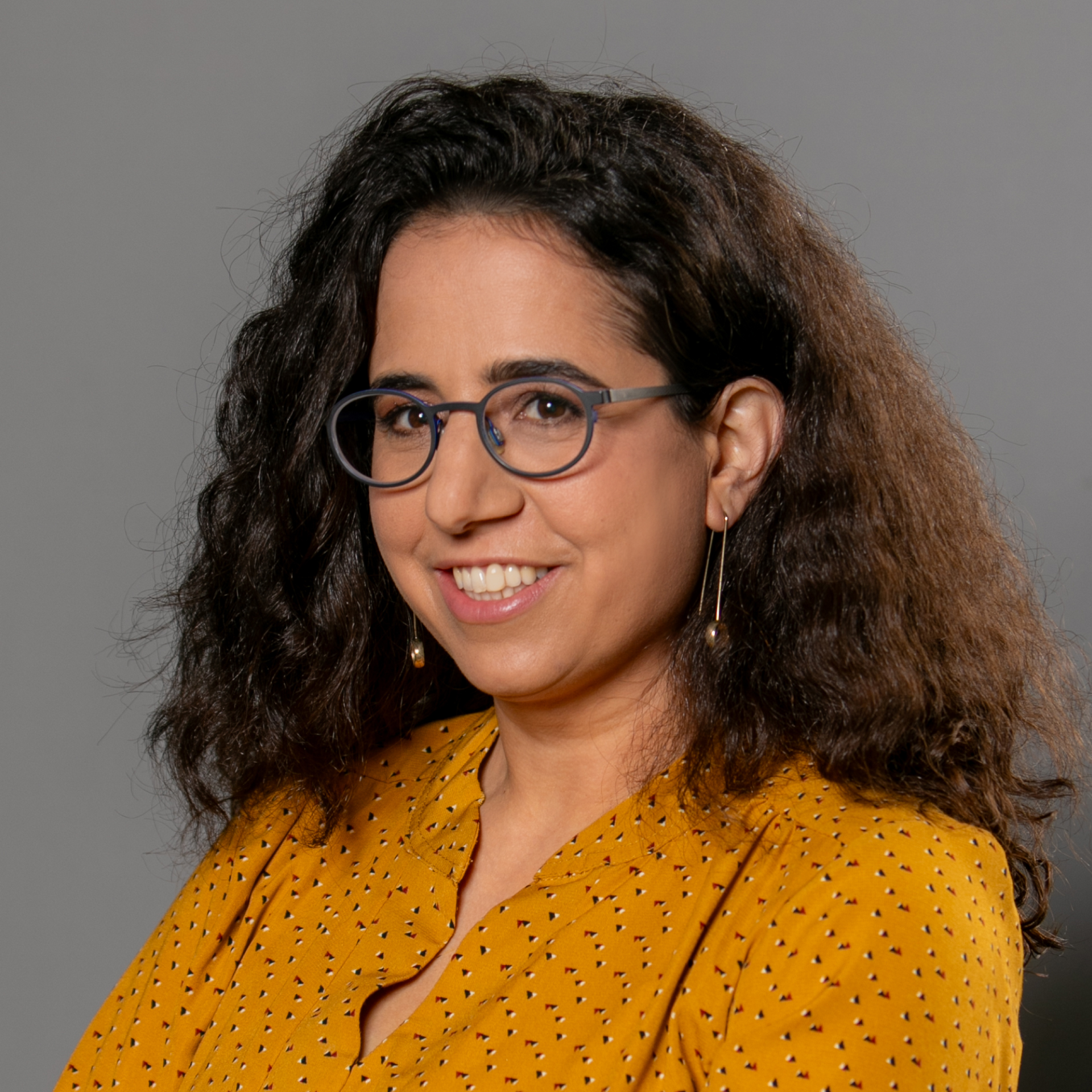
Anna Gurevich-Shapiro
PhD student
Dr. Anna Gurevich-Shapiro is a hematologist-in-training and an MD-PhD candidate at the Prof. Ido Amit Lab, Weizmann Institute of Science. She holds an MD from Tel Aviv University and a Master of Philosophy (MPhil) in International Relations from the University of Cambridge. Anna strives to improve patient care by investigating resistance mechanisms to immunotherapy using single cell immunogenomics.
Anna studies cellular and molecular biomarkers of response to Chimeric Antigen Receptor (CAR) T-cells, a transformative immunotherapy for B-cell lymphoma. CAR T-cells, created by engineering patients’ immune cells to recognize and attack cancer cells, have greatly improved prognosis for refractory lymphoma patients. However, 60% of patients eventually relapse while many experience measurable toxicities. Identifying those most likely to benefit from CAR-T therapy is crucial for maximizing efficacy and safety.
In collaboration with Tel Aviv Sourasky Medical Center, Sheba Medical Center, and Memorial Sloan Kettering Cancer Center, Anna applied advanced single-cell multiomics to analyze the immune microenvironment in patients’ blood before CAR-T treatment. Anna identified the repertoire of cellular subsets and their inter-patient heterogeneity linking immune composition to treatment outcome. Her research uncovered a unique cellular and molecular signature predictive of response. Building on this signature, Anna led a multidisciplinary team to develop and validate an AI-driven machine learning model in an independent patient cohort, highlighting its potential as a clinical prediction tool.
As even more patients are expected to become candidates for CAR-T therapy across hematological and autoimmune disorders in the coming years, Anna’s discoveries mark a meaningful advance in precision medicine. Her findings enable data-based personalized treatment, guiding patient selection to reduce toxicity and improve patients’ lives.
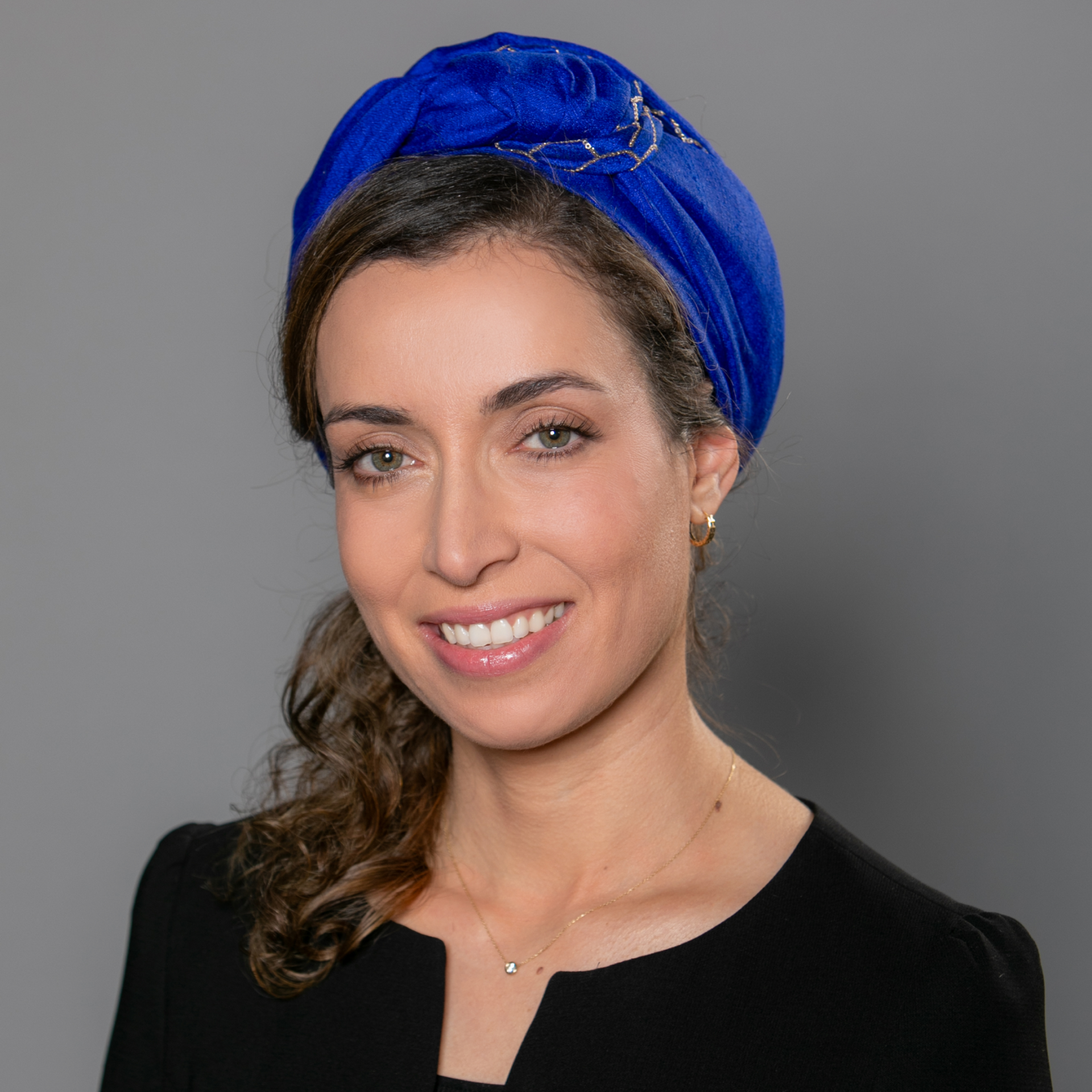
Dr. Bruria Samuel
PhD student
Bruria Samuel is a PhD student in Prof. David Burstein's lab at Tel Aviv University. Her research focuses on understanding how plasmids, small circular DNA molecules residing within bacteria, spread within microbial communities. Many such plasmids encode antibiotic resistance genes, posing a significant threat to public health and making bacterial infections increasingly difficult to treat. Bruria's research revealed that the plasmid’s "leading region", meaning the first DNA segment of the plasmids that enters recipient bacteria, is a critical factor in this spread. Specifically, this region is a hotspot for genes that help plasmids evade bacterial defense systems, such as CRISPR-Cas, which act like a bacterial immune system, protecting bacteria from invading genetic elements.
By analyzing massive genomic and metagenomic datasets, and combining advanced bioinformatic tools with experimental validations, Bruria discovered that the plasmid’s leading region functions as an "anti-defense island," densely packed with genes that neutralize bacterial defenses. This allows the plasmids to successfully invade and establish themselves within new bacterial hosts. This discovery sheds light on a key factor of plasmid dissemination and the dynamics between bacterial defense and plasmid anti-defense systems. Her findings offer valuable insights into the ongoing arms race between bacteria and plasmids, and a theoretical basis for developing new biotechnological and medical tools, including novel strategies for combating antibiotic resistance and new gene delivery systems for complex microbial communities.
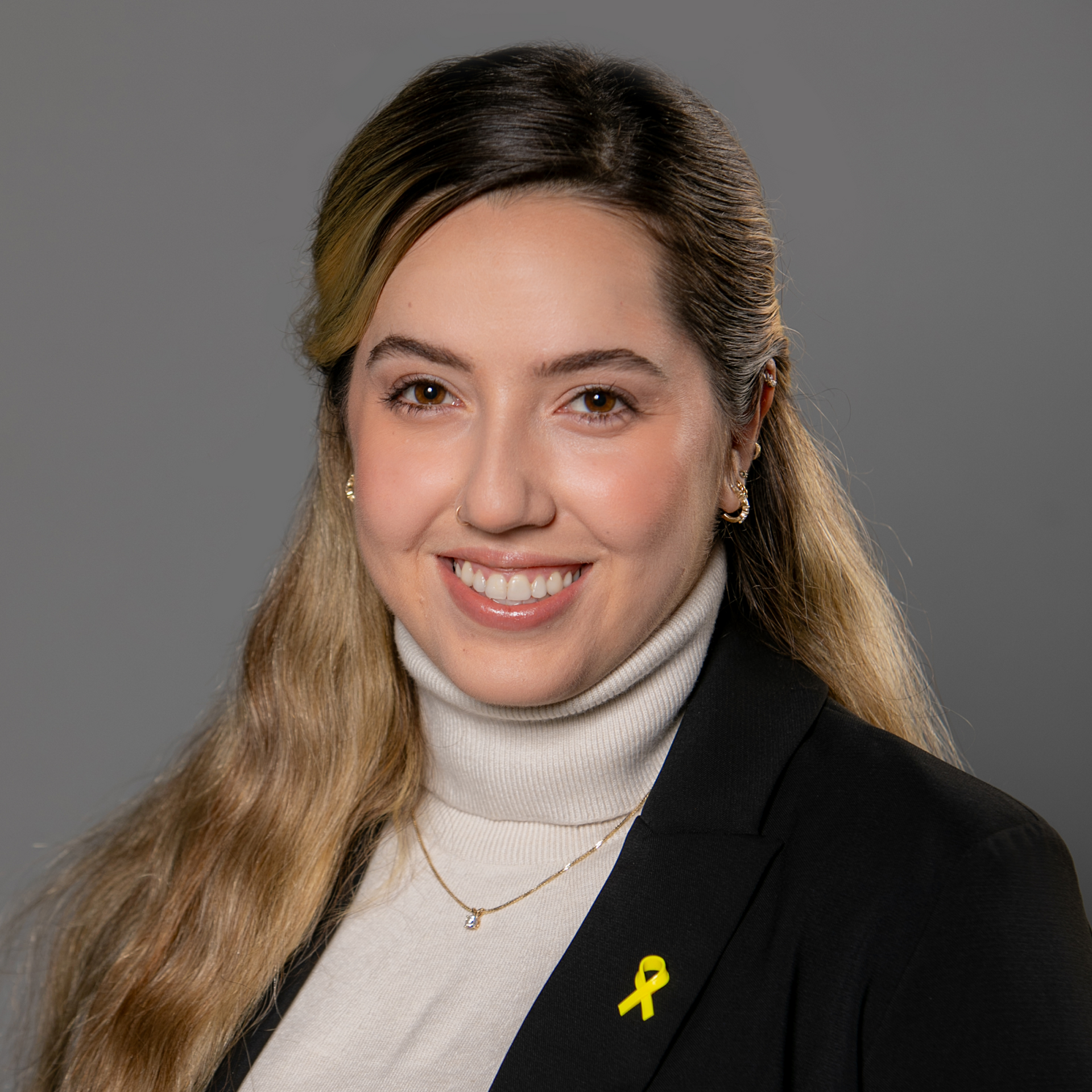
Eden Engal
PhD student
Eden Engal is a student in the combined MD-PhD program, part of the 'Tzameret' academic reserve track at the Hebrew University of Jerusalem. She recently completed her medical studies and is conducting her PhD research under the mentorship of Dr. Yotam Drier and Prof. Maayan Salton. Eden aims to provide a better understanding of human disorders by combining clinical knowledge, lab work, bioinformatics analysis, and molecular biology techniques. Eden's research focuses on the basic cellular process of alternative splicing and its role in various diseases, including neurodevelopmental syndromes, muscular dystrophy, autism, and cancer.
Eden's main research project centers on understanding how defects in the alternative splicing mechanism affect the development of Facioscapulohumeral Muscular Dystrophy (FSHD), an incurable muscular disorder caused by mutations in SMCHD1. This work revealed a new role for SMCHD1 as a regulator of alternative splicing, and that mis-splicing, mediated by SMCHD1 mutations, promotes the expression of a muscle-toxic protein which leads to FSHD development. These findings represent a significant advancement in understanding FSHD and could lead to the development of splicing-based therapeutics for this devastating and incurable disorder.
Another study Eden led included, for the first time, the characterization of developmental delay syndrome and of autism which is related to mutations in WBP4, an important protein in cell splicing. Specifically, her research examined how the mutations of WBP4 impact the splicing of many genes related to brain development and function, thus causing the development of this disease. This research contributed both to patients and their families as understanding this disease has led to conducting suitable genetic examinations. Eden's research also contributed to an overall understanding of the function of changes in alternative splicing in autism and developmental diseases.
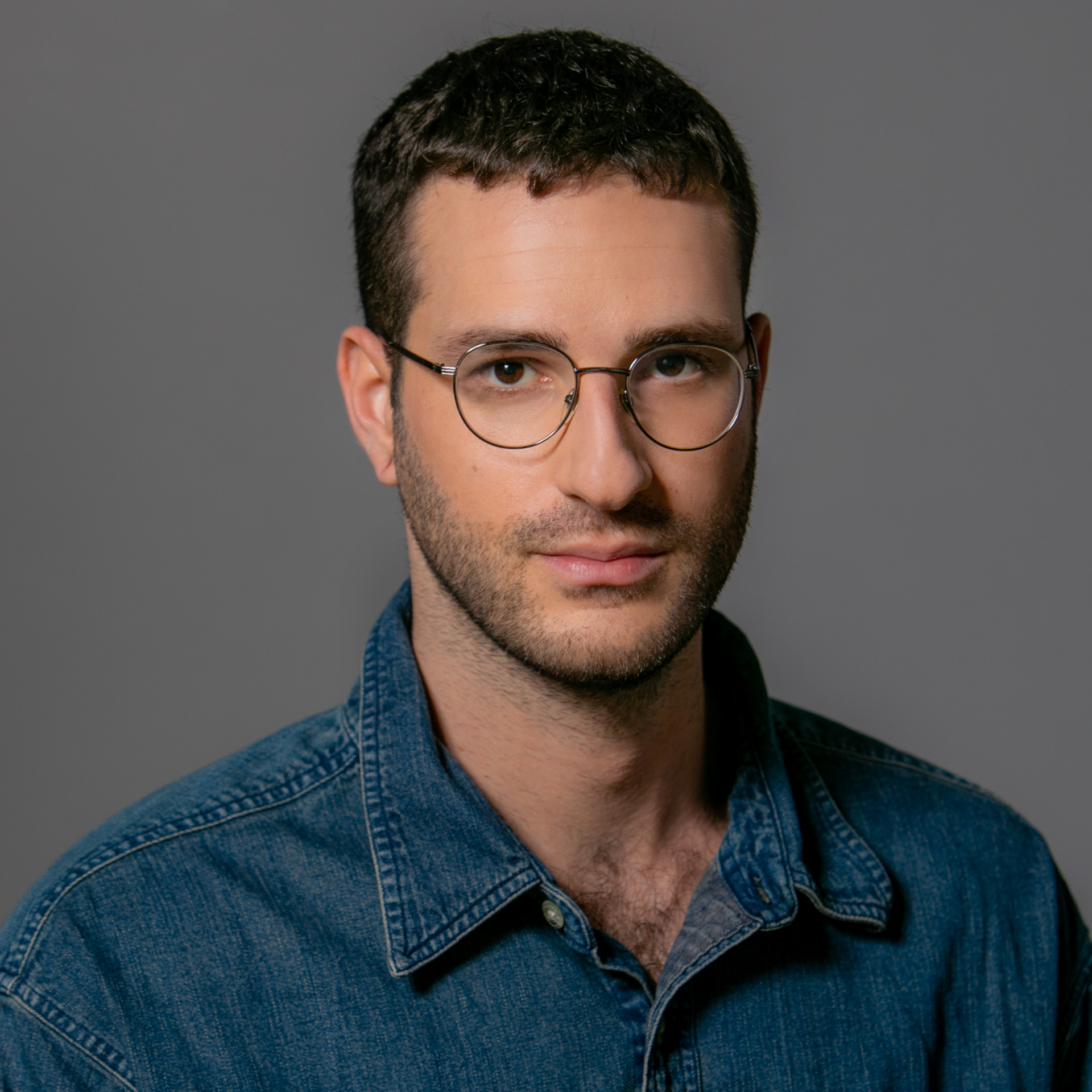
Erez Yirmiya
PhD student
Erez Yirmiya is a PhD student in the lab of Prof. Rotem Sorek at the Weizmann Institute of Science. His research focuses on uncovering the various mechanisms that viruses utilize to antagonize defenses and overcome host immunity. Erez's work advances our ability to fight the "silent pandemic" of antibiotic-resistant bacteria, which claims over 750 thousand lives annually, by contributing to the development of novel therapeutic strategies.
One promising approach to combat resistant infections is phage therapy, where viruses that specifically infect and kill bacteria (known as phages) are used as therapeutic agents against antibiotic-resistant pathogens. A significant obstacle to phage therapy is the ability of bacteria to defend themselves against phages using complex, multilayered immune systems. Erez has identified multiple diverse families of viral immune inhibitors that target the most prevalent bacterial immune systems. He demonstrated that engineering phages to express these immune inhibitors significantly broadens their host range, enabling them to eradicate otherwise untreatable antibiotic-resistant infections.
In addition, Erez has developed an AI-driven protein structure prediction pipeline to analyze millions of viral genomes and identify proteins that counteract bacterial, plant, and human immunity. This approach has uncovered viral proteins that interact with key components of the human immune system, functioning as "off switches" to modulate immune responses. Together, Erez's discoveries elucidate crucial aspects of viral biology and lay the groundwork for developing future tools to combat antibiotic-resistant infections and regulate diverse immune processes for both research and therapeutic applications.



